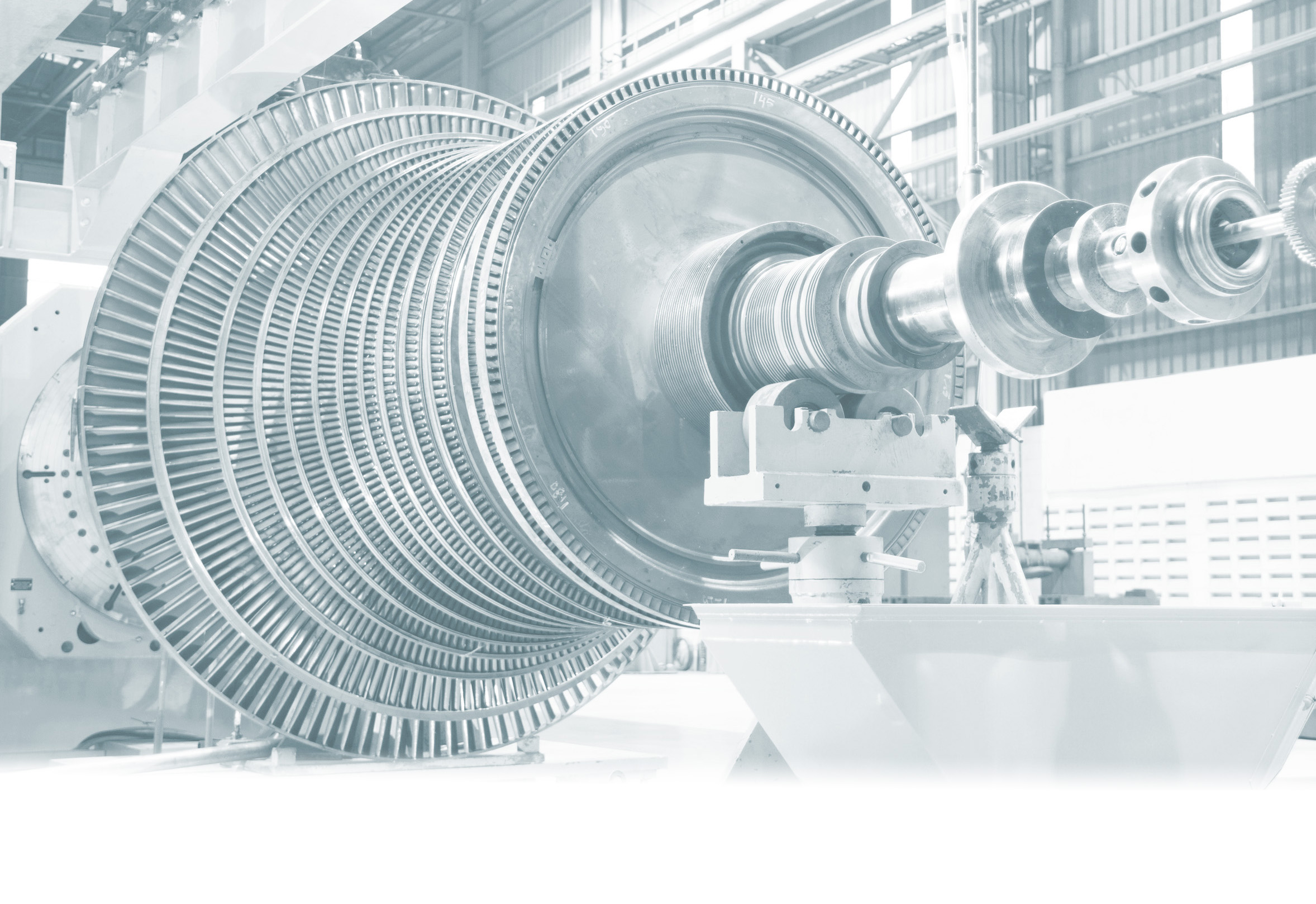L1 Single Linear Strain Gauge
It is used for measuring the elastic strain of the newly developed materials and structures under static and dynamic loads, as well as for measuring force, velocity, pressure and displacement. Strain gauges are used in force measuring transducers and sensors in aircraft and missile production, mechanical engineering, railroad car manufacturing and other industries.
Brief specifications
Rated base (gauge grid length): 0.5 mm, 1 mm, 3 mm, 5 mm, 10 mm, 15 mm, 20 mm, 50 mm.
Rated impedance: 100 ohm, 120 Ohm, 200 Ohm, 350 Ohm, 400 Ohm.
Precision type: A (for precision sensors), B (for testing)
Compensated temperature range: 12 (steel), 16 (copper), 23 (aluminum), 8.3 (titanium)
Version: C1 (no contacts), C2 (non-standard contacts), C3 (no protective coating), C4 (no contacts or protective coating), C5 (soldered contacts).
Strain gauges adhesives
|
Name |
Description |
Use |
Operating temperatures, °С |
|
Super glue |
cyanoacrylate, fast setting, cold hardening |
Bonds metals and non-porous materials |
from minus 80 to plus 80 |
|
Glue UVS-10ТS |
phenolic, single component, heat hardening |
Used for gluing gauges to metals and various non-metal and non-porous materials |
from minus 70 to plus 300 |
|
Glue BFR-2К |
phenol-formaldehyde, single component, heat hardening |
Bonds metal and non-metal products |
up to 200 °С |
Strain gauge parameters
1. Maximum impedance deviation per shipment (10,000 pcs): ± 1.0%.
2. Maximum impedance deviation per group (100 pcs): ± 0.2%.
3. Maximum measured strain, mln: ± 3,000 mkm/m.
4. Sensitivity: 1.9 – 2.3.
5. Operating temperature range: from minus 70 ºС to plus 200 ºС.
L1 Single linear strain gauge is certified by the State Standarts of Ukraine and Russia.







